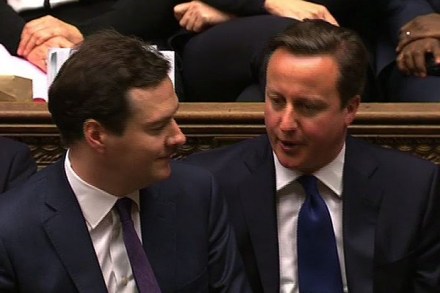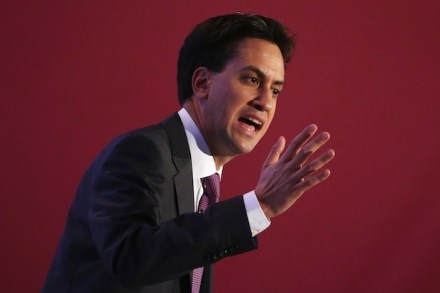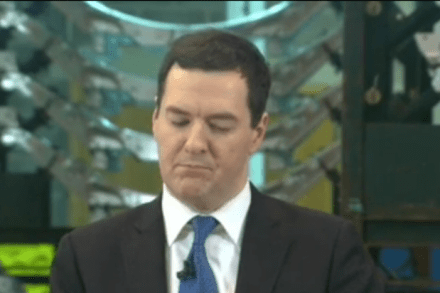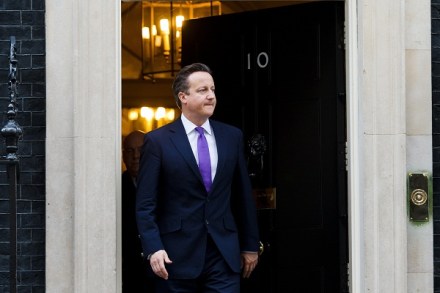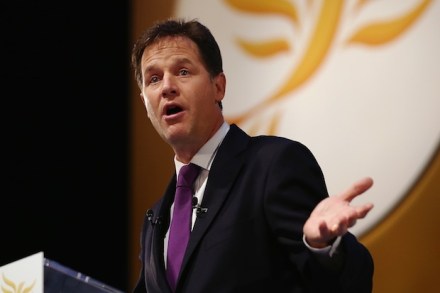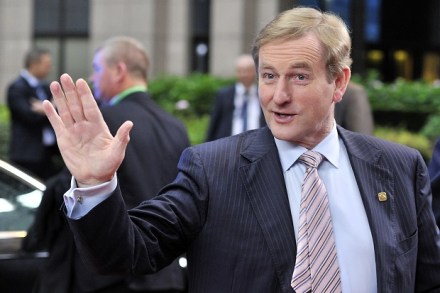Today’s GDP figures are useful ammunition for the Conservatives
That the UK economy grew by 0.7 per cent in the final three months of 2013, leading to the fastest growth annually since the financial crisis, is obviously very good news for the Coalition. The quarter-by-quarter figures have zig-zagged, but the overall growth for 2013 is 1.9 per cent over the year, which is the most important figure. These GDP figures from the ONS, published this morning, enable David Cameron to say that this is further evidence of the Coalition’s ‘long-term economic plan’ succeeding, and use the new Tory buzzword,‘security’. And though the economy is still 1.3 per cent below its pre-recession peak (see the graph below), George Osborne can


